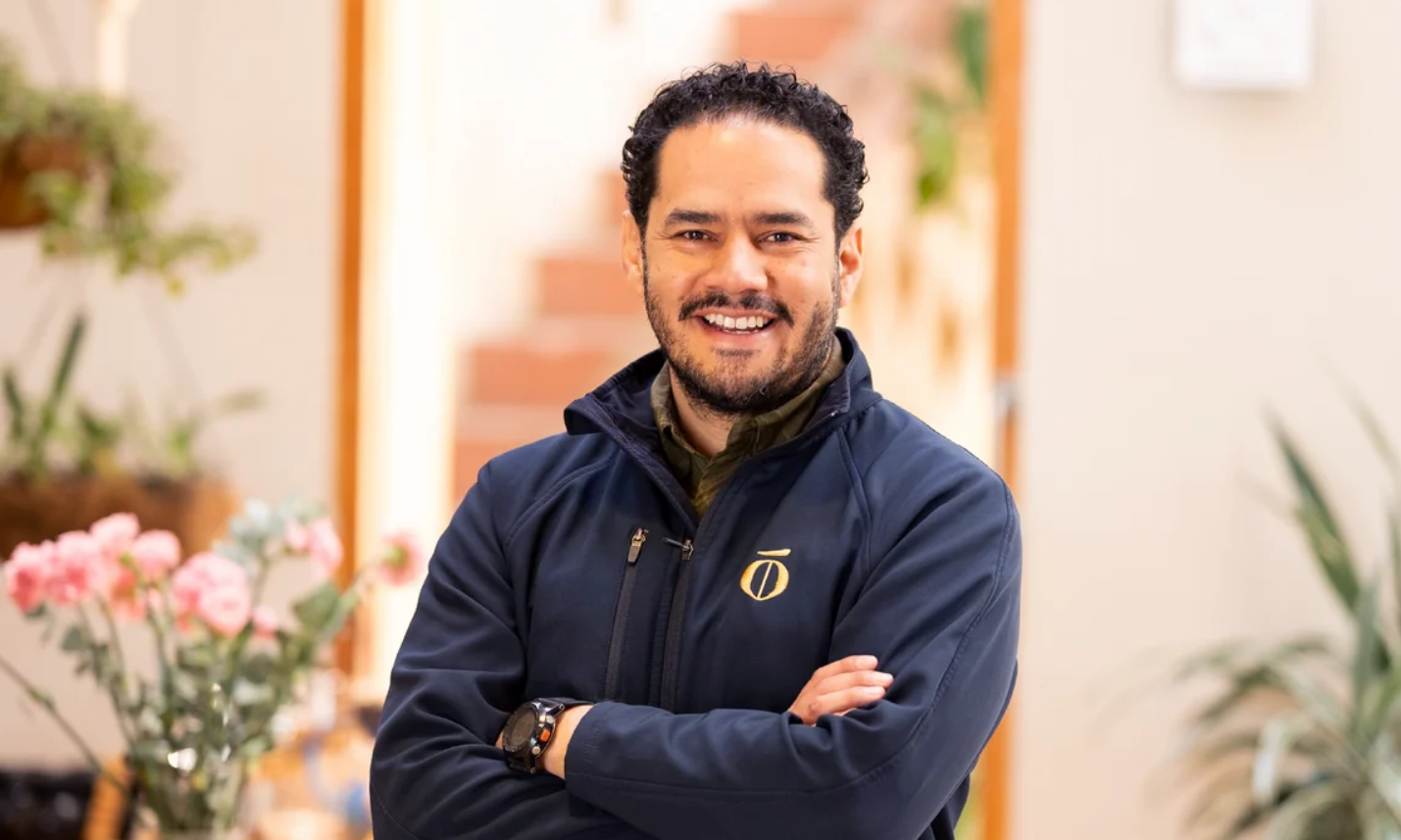
"We have revealed the dignity of the people working in the coffee industry in Chiapas" - Jésus Salazar, Cafeólogo
In 2010, Jesus Salazar founded Cafeólogo in the Chiapas region of Mexico. Today, Cafeólogo brings together several hundred producers, and Jesus has built up a real coffee community with expertise and a strong commitment to quality. Find out more about Jesus and Cafeólogo.
Hello Jesus, what was your background before working in the coffee industry?
I studied medicine, but I didn't practise. After graduating from medical school, I immediately went back to school to study philosophy. I got a master's degree in philosophy, and I'm still a student. I'm starting my doctorate in philosophy. Before the café, I worked as a teacher in Mexico City.
Why did you shift from university to the coffee industry?
Looking back, I was at one of those moments when you need to redefine your life's purpose. I loved studying and teaching, but I was missing something. I had to face the real world while continuing to study. Coffee was that reality, which also offered me new things to learn, like botany, the physiology of plants, their nutritional systems...
How did your interest in coffee begin?
A few friends knew that I was from Chiapas, where most Mexican coffee is produced. They advised me to go to a coffee-shop in Mexico City, where the owner was a coffee expert and with whom I could have a chat. The surprise was that the coffee was much more than just a cup.
Through this experience, I developed an interest, but I couldn't find any books on coffee. You needed knowledge, and that didn't happen in the classroom. That's how I found my place in the coffee industry, between studies and the real world, on farms.
Is that why education is so important at Cafeólogo?
It's more than that. Education has been present in the coffee industry for decades, but in a very empirical way, as an inheritance, from generation to generation, from one person to another.
With Cafeólogo, we're not in schools, but on farms, with a group of 280 farmers. We have three community mills to wash and dry the coffee, a warehouse and a roastery. We are present at every stage of the coffee cycle.
We live this complete experience not just by studying and teaching, but by being part of the whole system, with theory and practice, to create a real coffee experience. And that's why the company is called Cafeólogo: it's the philosophical concept of "logos" applied to coffee, for a complete vision of what coffee is, from study to creation.
13 years ago, when you launched Cafeólogo, how was this vision perceived?
I've never focused on wanting this or that coffee at all costs. The approach with coffee producers has always been like this: "Do you want to know more about what you're doing, learn how to taste your coffee, learn from other producers?". Then it was up to me to turn Cafeólogo into a business and sell the coffee. As the transaction is not the beginning of the relationship, this has always been easy and well received.
And today, 13 years later, what makes your café different from the others?
Our coffees make sense. It's not the flavour profile, an exotic variety, a crazy treatment or a higher than average altitude. But it's a coffee that makes sense to those 280 people who grow the coffee that regenerates our community, that's profitable and allows us to grow and strengthen our roots as a community. That's what makes our coffee special: we are a link between the people and the nature.
What are you most proud of today?
We revealed the dignity of the people working in the coffee industry in Chiapas. We have shown, and we continue to show, that the Maya can do very good things without losing themselves, without depending on charity. We have shown that we can do good things: we can make good coffee and make coffee that does good for our people.
What can we wish for Cafeólogo over the next 10 years?
We aspire to improve and are ready to share our experience, to help everyone find their own system, their own path. Now, if you think of Cafeólogo as a plant... It's a healthy plant, it's alive, it's growing. What we need to do now is connect with it and let it grow, creating more roots and sharing our vision with everyone!
Did you like this article? Share it with your community:
